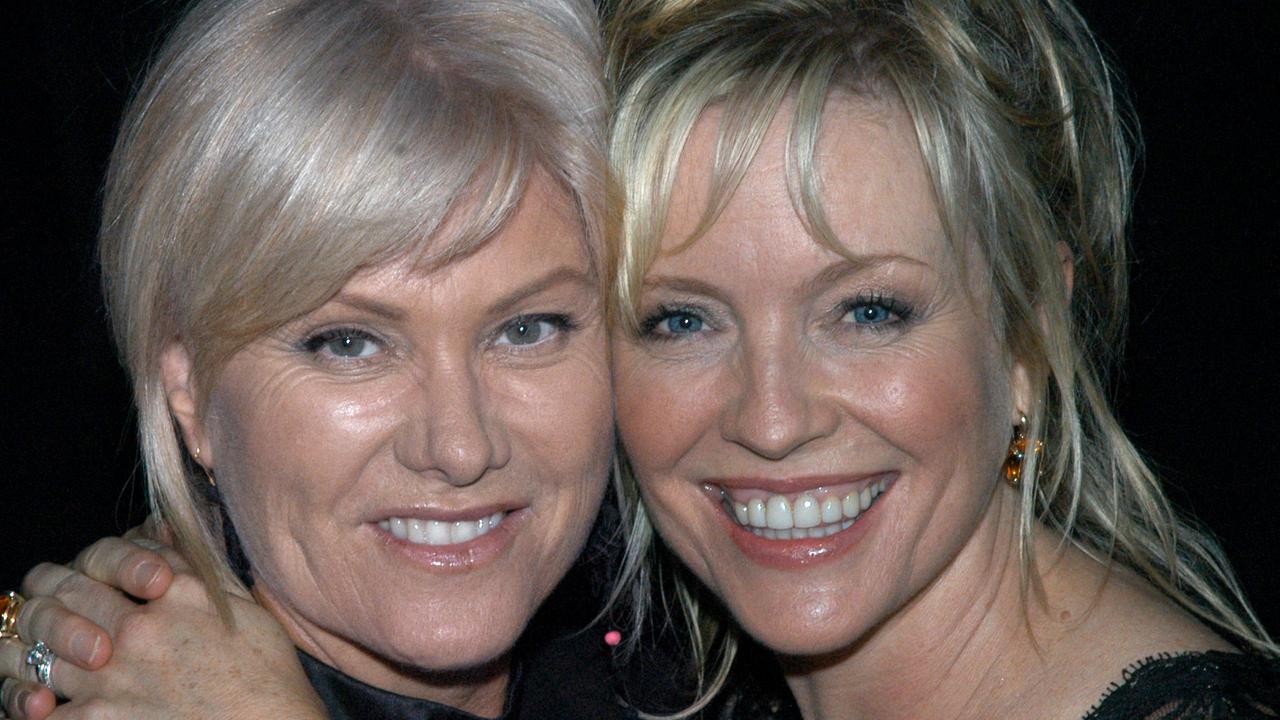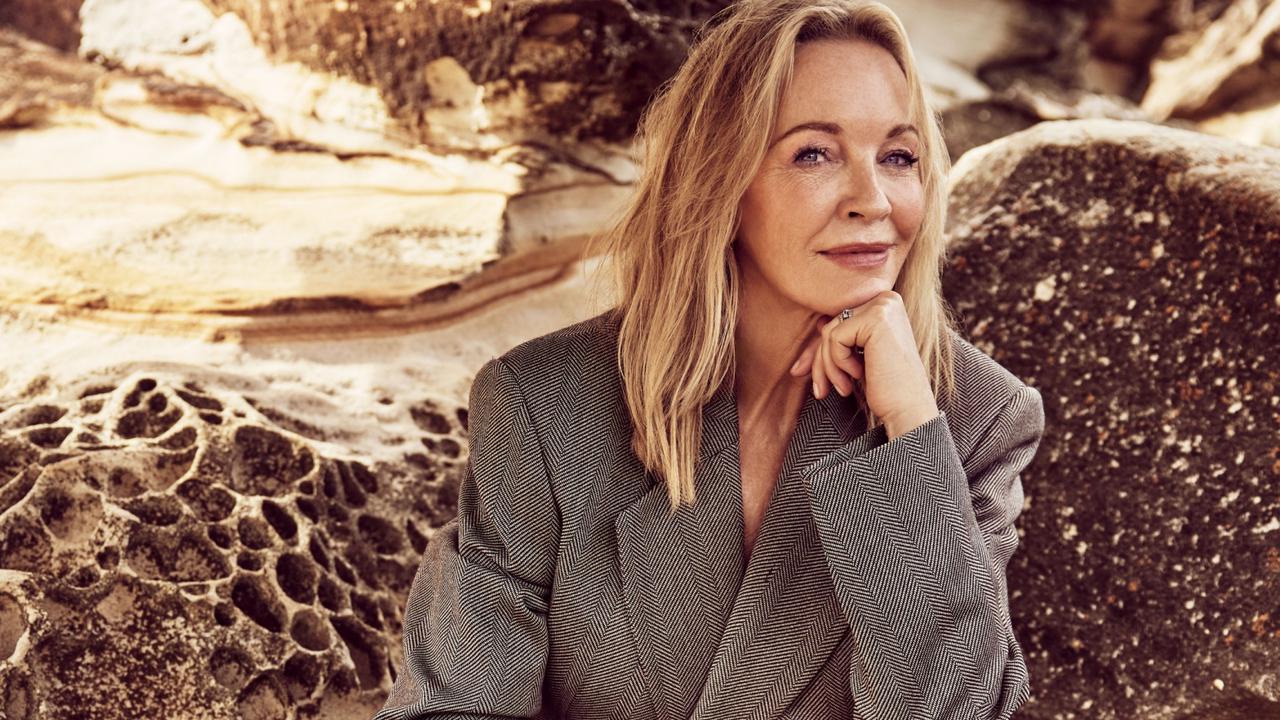Jen Atkin on the Kardashians and finding success in Blowing My Way To The Top
She was warned not to work with the Kardashian family, but ignored the advice. Now Hollywood’s most famous hairstylist says it was the smartest move she’s ever made.

Celeb Style
Don't miss out on the headlines from Celeb Style. Followed categories will be added to My News.
JEN ATKIN is one of the most influential hairstylists in the world, mixing personally and professionally with Hollywood’s elite. In this exclusive edited extract from her new book Blowing My Way To The Top she shares three tips to success — and reveals why she took a chance on the Kardashians.
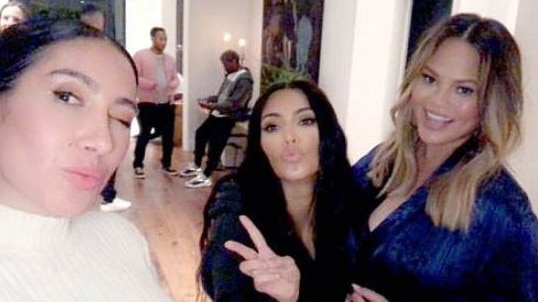
LET’S SET SOME BOUNDARIES
Sometimes I think there’s no greater sign of confidence than saying no to a request — from a client, a friend, a family member, whomever. Saying no to someone else means that you know yourself, and you know your limits, and you know that just because you’re saying no today doesn’t mean you can’t say yes tomorrow. Welcome to Boundaries.
I haven’t always been good at saying no. When you work for yourself, or you’re in more of a freelance line of work, there’s a real fear that if you say no to an opportunity, the offers will stop coming. And that is a risk, and sometimes saying no means disappointing someone. But to succeed at anything, you have to know how to prioritise and how to invest your time and energy in ways that help you meet your goals — even if that means you have to let a few
people down along the way.
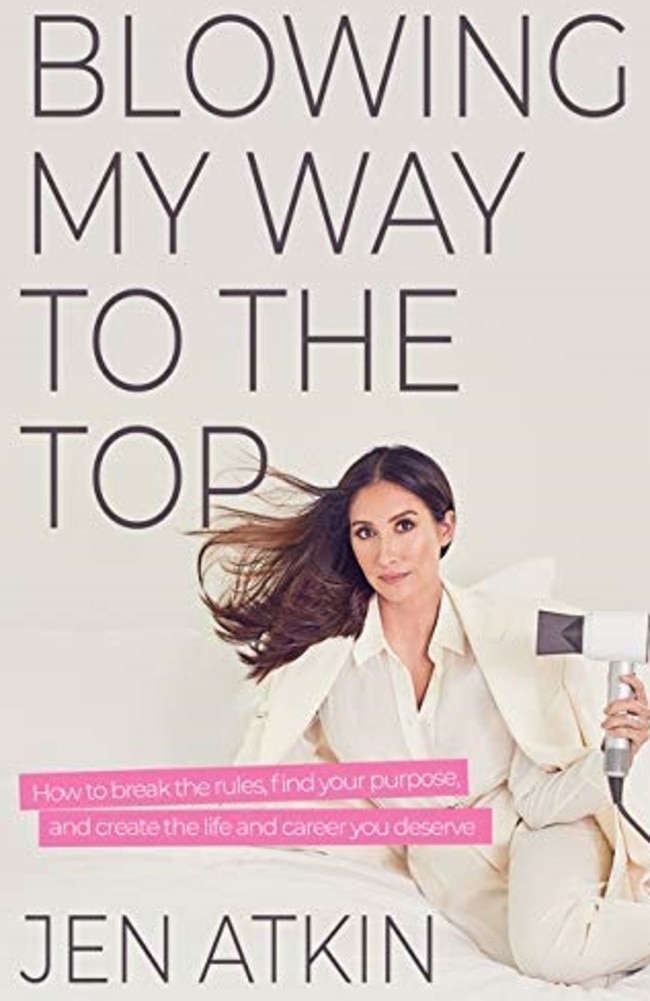
I still have the spreadsheet I kept when I was just starting out on my own as a hairstylist. (It’s been saved on my computer for fifteen years. Obsessive, much?) I used it to document every single job I took on, and how much I made for each, year after year. When I look back at it now, I’m in awe of how hard I worked. But I’m also struck by the reality that I didn’t need to work that hard. I didn’t have to say yes to all of it. I could have given myself a break every now and then or focused on another part of my business, had a personal life, and still ended up where I am today. More often than not, you won’t be penalised for saying no every once in a while — especially if you do so respectfully. People will understand, and if they don’t, well, move on. It’s far worse to say yes and then let someone down because you’re overcomitted or overworked.
Setting boundaries takes practice. The more you do it, the more comfortable you will become, and you’ll get better at saying no gracefully. These days, if I see a client who requested me for a job I couldn’t do, I acknowledge it. “I’m so sorry I couldn’t do your hair for that party/press junket/premiere,” I’ll say. “But I hope it was a great event and that you were happy with your look!” I’m not defensive about the fact that I said no and I’m not overly apologetic, either. People show you the respect you command.
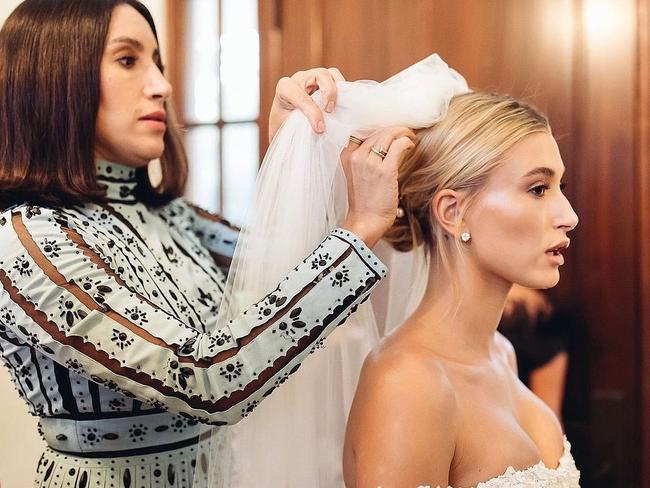
Setting clear boundaries gives you the space to focus on the things that will help you grow — whether that’s saying no so you can get some much-needed rest or blocking off your calendar to catch up on paperwork and finances or to spend time with family.
In work environments, saying no often means passing up a paycheck — I don’t want to pretend otherwise. But the long-term pay-off can be worth the immediate sacrifice.
The same rules apply to the rest of your life, too. There will always be people who ask a lot of you. Setting boundaries and saying no to people you care about can be scary, but it’s also empowering. Everyone’s limits are different, but knowing yours and respecting them takes confidence and strength. It also helps to manage other people’s expectations. If you’re constantly saying yes and taking on everything that’s asked of you, there’s no reason for anyone to expect any different.
It’s not sustainable.
The next time someone asks you to do something that fills you with dread or resentment or makes you feel exhausted just thinking about it (and not the good I-just-kicked-ass kind of exhausted but the I-have-no-more-left-to give exhausted), I urge you to politely say no. It will serve as a reminder to yourself that your needs matter. And most of the time, it ends up not being such a big deal for the other person. Or so my agent has told me.
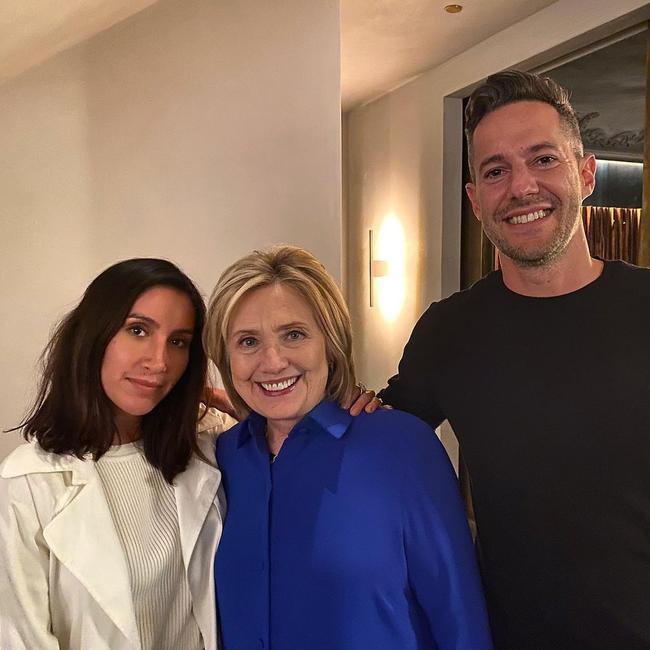
HATERS GONNA HATE
“What’s the smartest business decision you’ve ever made?” That’s another question I get asked pretty often, and the answer, for me, is obvious … and it has to do with saying yes to one of the most unexpectedly influential women of our time.
When I was offered the opportunity to work with the Kardashians, my agent discouraged it. “Why would you want to work with reality stars?” she asked. In her defence, this was 2011, and reality was The Hills and Newlyweds.
(Also The Simple Life, one of the most brilliant TV shows in history.)
“You should be working with high-profile actors and actresses. No-one cares about reality-show people!” she said. Back then, reality stars weren’t the royalty they are today and Hollywood was an even more elitist club.
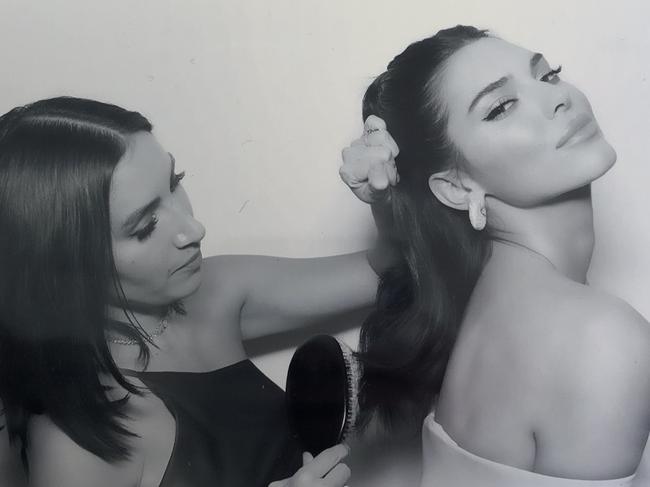
But I didn’t care whether or not they were considered A-list. The Kardashians were kind and smart and funny, and I enjoyed their company (plus they had amazing hair!), so I ignored my agent’s advice. Also, I really vibed with Khloé, and she wrote me the sweetest email I’ve ever received, asking me to help her with her look for her first TV hosting gig. I recognised her good heart and incredible spirit early on. We all know how this story turns out. No-one could have imagined what this family would become.
And alongside their enormous success, they believed in lifting up the people around them. Kim was one of the first celebrities to recognise and tag her glam squad on Instagram. She wasn’t just insanely gorgeous and fun and smart, with an amazing head of hair … she was all of that and also generous with her praise, and I credit the generosity of Kim, Kris, Khloé, Kourtney, Kylie, and Kendall for my career.
Suffice to say, saying yes to that single opportunity has driven home for me how important it is to trust my gut and tune out opinions that just don’t sit right. In this case, I know my agent had my best interests at heart — she was coming from a good place. At that time there was a blueprint for becoming a successful hairstylist, and it didn’t involve working with reality TV stars. Unfortunately, sometimes the opinions that get thrown at you come from considerably less respectable sources. Yes, I’m talking about haters.
You know what I’m going to say here: ignore the haters!
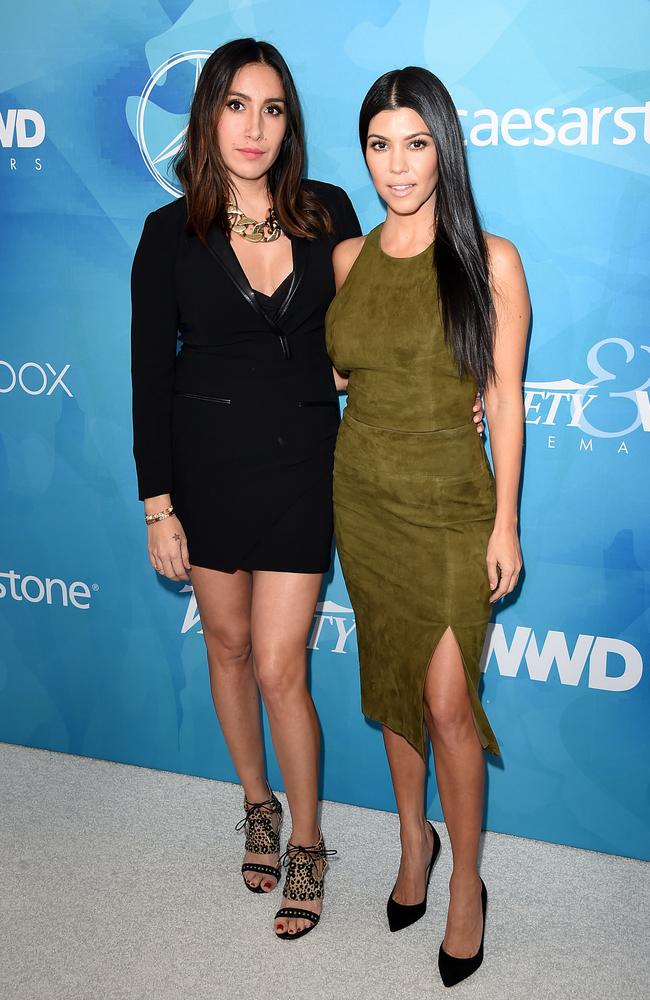
But the reality is, ignoring negative, nasty voices is at times a lot easier said than done. As I grew my social following over the years, there were more eyes on me and, ugh, more people or accounts looking to tear me down. Usually this doesn’t bother me too much and I don’t engage, but in 2018, I found myself clapping back at someone for the first time.
A controversial beauty reviewer wrote a mean post on Instagram about Kim Kardashian’s KKW Body fragrance, not just critiquing the product but really attacking Kim’s character along with it. It isn’t like me to respond to reviewers, but I jumped to my friend’s defence, calling out what I saw as the hypocrisy of slamming Kim’s contribution to consumerism while this person was making a living off reviewing those products. In hindsight, I probably should have stayed quiet. My comments got picked up by a few magazines and got called out by other bloggers, who said I was the one being cruel. It was the first time in my career that I’ve had to withstand that kind of public scrutiny of me as a person. It was pretty uncomfortable, tbh.
I tend to speak my mind when I feel like something is unjust or someone is being picked on, and usually I’m proud of that quality. In this case, though, I realised it might have been a mistake. What I did just brought more attention to the negativity when I could have left it alone. Had I not learned from watching publicists handle this stuff for so many years? Still, there was no way to take back my comments, so I looked at it as a test of my confidence.
It’s easy to feel great about yourself when things are going well, but when your character is being questioned online and in the press, that’s when you need to walk the walk.
Ultimately, I knew I couldn’t let what strangers were saying about me affect how I felt about myself, so I moved forward. And the good news, as my friend Virgil Abloh likes to say, is that “the world moves as fast as we scroll Instagram.”
The moment passed, and the beauty world moved on to the next story. Still, it was a good lesson for me in staying above the fray.
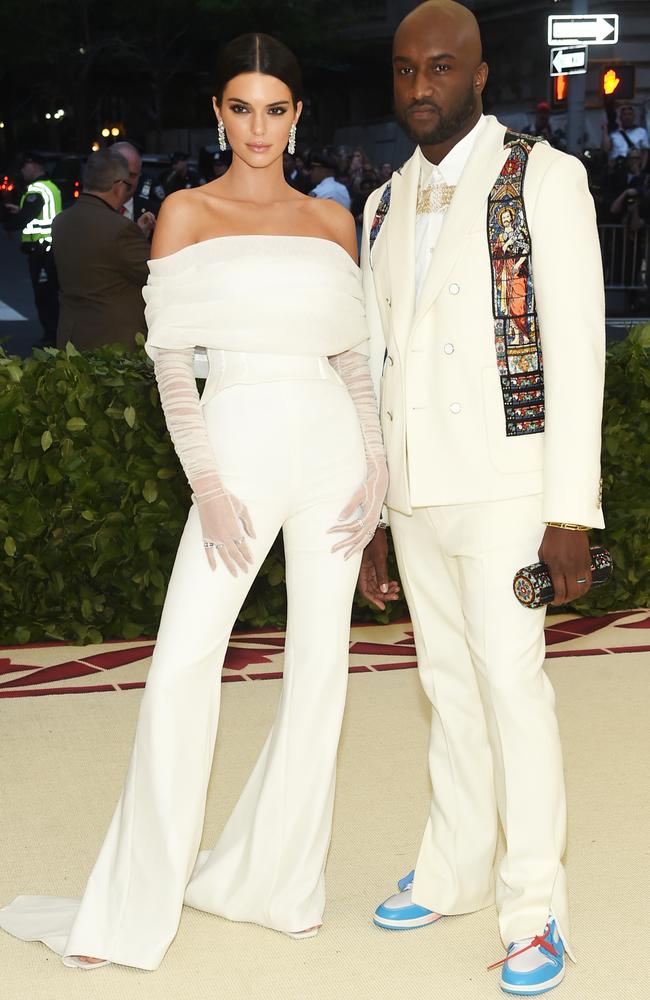
It’s easy to get caught up in what people think or say or write about you online, or to get defensive and want to protect yourself or your friends by lashing out at trolls. On the road to success, if there’s one thing I can promise you, it’s that there will be many people who don’t understand or agree with decisions you make. There will be people who unfollow you because they get sick of your posts or find your stories annoying or don’t agree with your political views. I mean, we’ve all felt that way about an account at some point, whether it’s personal or professional. (Thank you, Jesus, for that Mute button.)
In 2012, when I first started my Instagram account, my peers thought that I was being ridiculous. They would openly mock the fact that I was posting collages or behind-the-scenes videos, because I was usually the only one doing it. I had to have confidence to believe that I knew what I was doing and that I was onto something. I was able to drown out the haters because I always knew that if someone was badmouthing me, it wasn’t actually about me. Usually that kind of criticism stems from people’s own insecurity, so I tried to give them the benefit of the doubt and not let their frustration with themselves transfer to me. That old playground song — “I’m rubber, you’re glue …” — was kind of spot on.
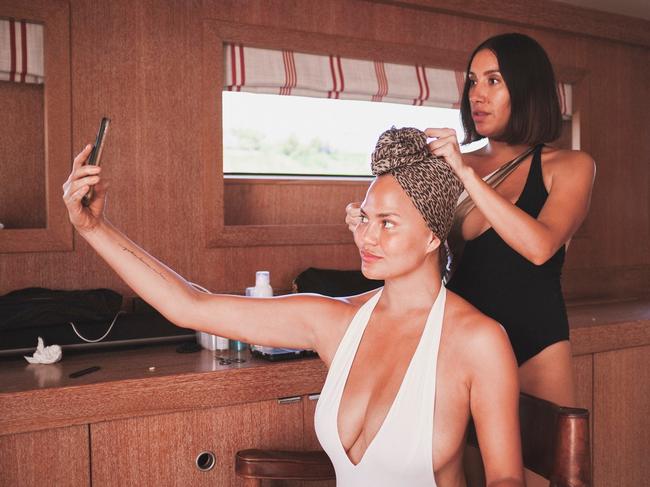
EVERYONE’S A CRITIC
Haters and trolls are not to be engaged with. But that doesn’t mean you should walk around like a know-it all with your fingers in your ears screaming “LALALA.”
Living in a bubble is a strategy that worked for no one, ever. Constructive criticism is essential for growth.
I run a hair-care brand. I create a product that is meant to serve people on a practical level, which means consumer feedback is super-important. In business, constructive criticism is valuable, and you have to be able to take that feedback as intended — not as disparagement but as a nudge to do better.
I’m always asking our customers what products they want to see and, more importantly, what existing products we could improve upon. For a while, a lot of people said that they wanted us to use more eco-friendly packaging, but we couldn’t afford to source the materials. I hated
that we couldn’t do better, but the hard reality of business is that you can’t always do what you want when you want.
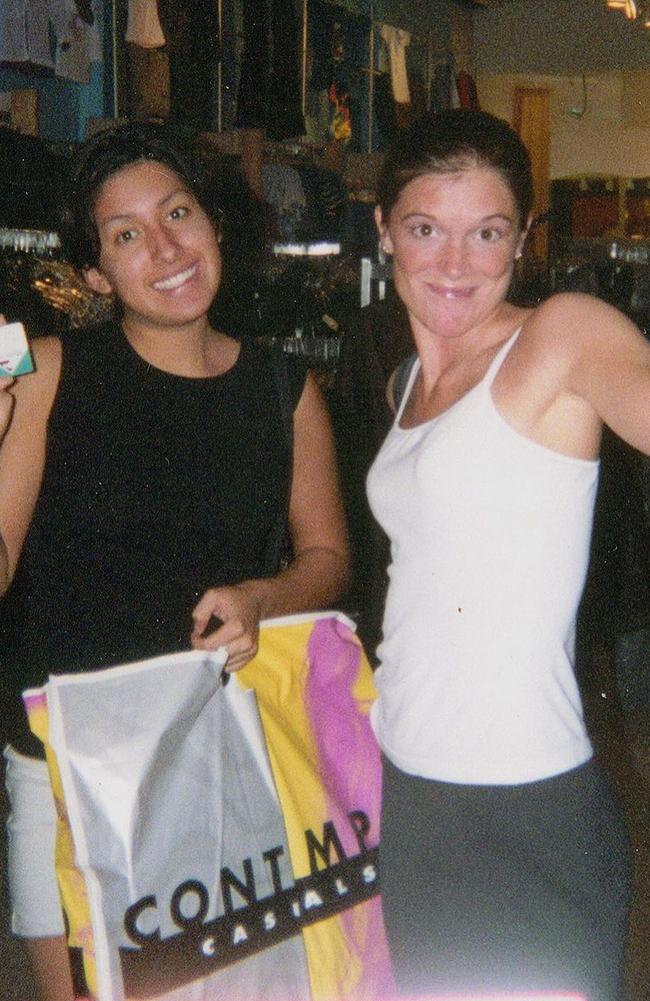
Still, I kept that idea in my back pocket, and as soon as we could afford to do so, we made a change — and we continue to make changes.
As a brand founder, I care so much about what people have to say about our products.
There’s a big difference between changing who you are because you succumb to personal criticism, and adjusting your business or your goals in response to reasonable feedback.
Like most of the lessons I’ve learned while building my company, this one extends far beyond business. Feedback is valuable in all its forms, and it requires a certain amount of confidence to take it in without becoming defensive.
Feedback can help us understand what energy or impression we’re putting out into the world. Sometimes you may get feedback, note it, and decide to dismiss it. And that’s perfectly okay. You know yourself best. But having enough self-awareness and self-respect to at least take in
someone else’s perspective is critical if you’re going to grow personally and professionally.
It’s easy to dismiss people and wall yourself off out of fear, but the reality is that trying to succeed solo is a recipe for disaster.
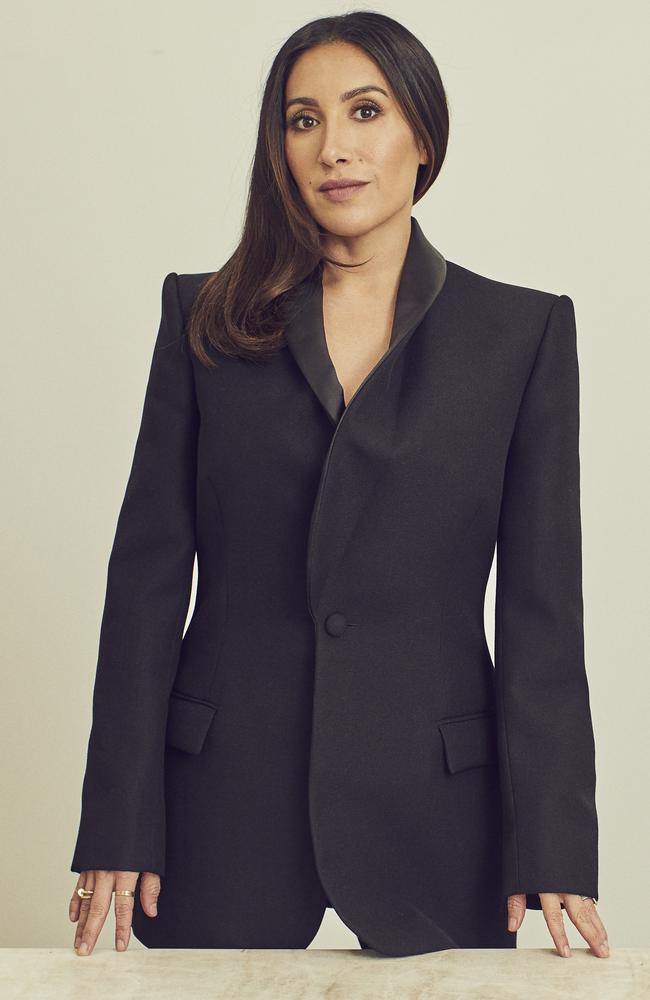
Originally published as Jen Atkin on the Kardashians and finding success in Blowing My Way To The Top

